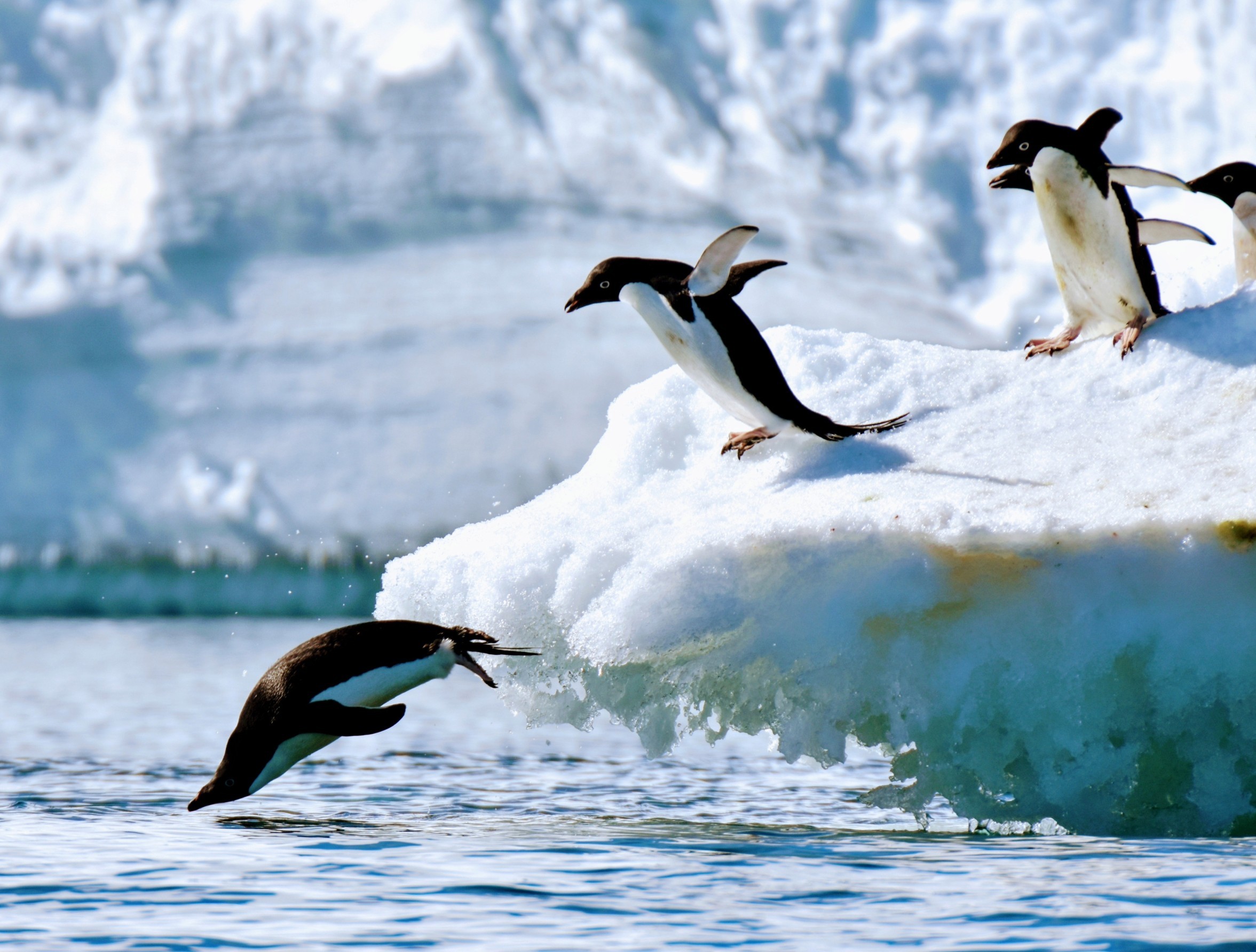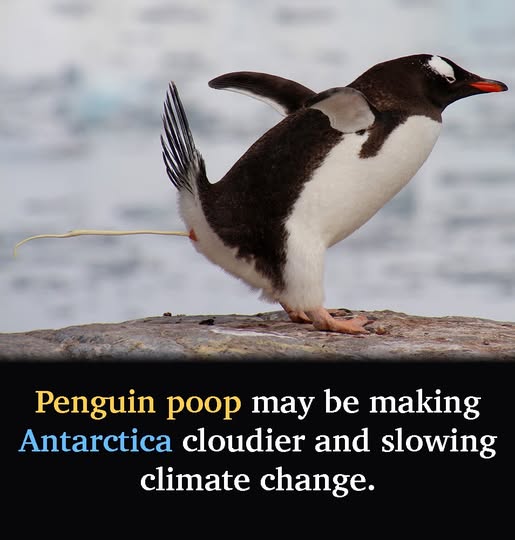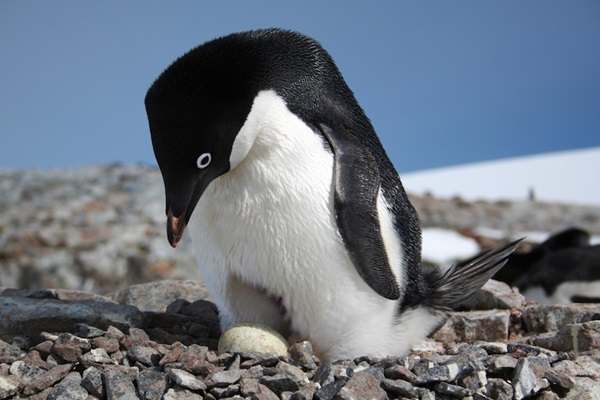Penguin Poop and Its Surprising Role in Climate Regulation

It may sound strange, but penguin poop plays a role in the climate system. In Antarctica, tens of thousands of Adélie penguins waddle across the ice, and their guano is contributing to a process that helps cool the planet.
The mechanism is surprisingly scientific. Penguins feed on krill from the Southern Ocean, and their waste is rich in ammonia. When released into the environment, this ammonia interacts with natural gases over the sea, forming particles that contribute to cloud formation. These clouds reflect sunlight back into space, helping to lower surface temperatures and slow the melting of sea ice.
Even after the penguins migrate, their guano continues to release ammonia for some time, maintaining this subtle cooling effect. In this way, the penguins influence the climate not only while they are present but long after they have left.
This remarkable phenomenon is a reminder of the interconnectedness of life on Earth. Even the smallest and most unexpected contributions — such as the waste of a penguin — can have significant effects on our planet’s systems. Protecting these creatures and their habitats is not only about conservation but also about maintaining the delicate balance that regulates our climate.
In a world where climate change is an urgent challenge, even the natural processes of wildlife play a role in shaping outcomes, often in ways we are only beginning to understand.











